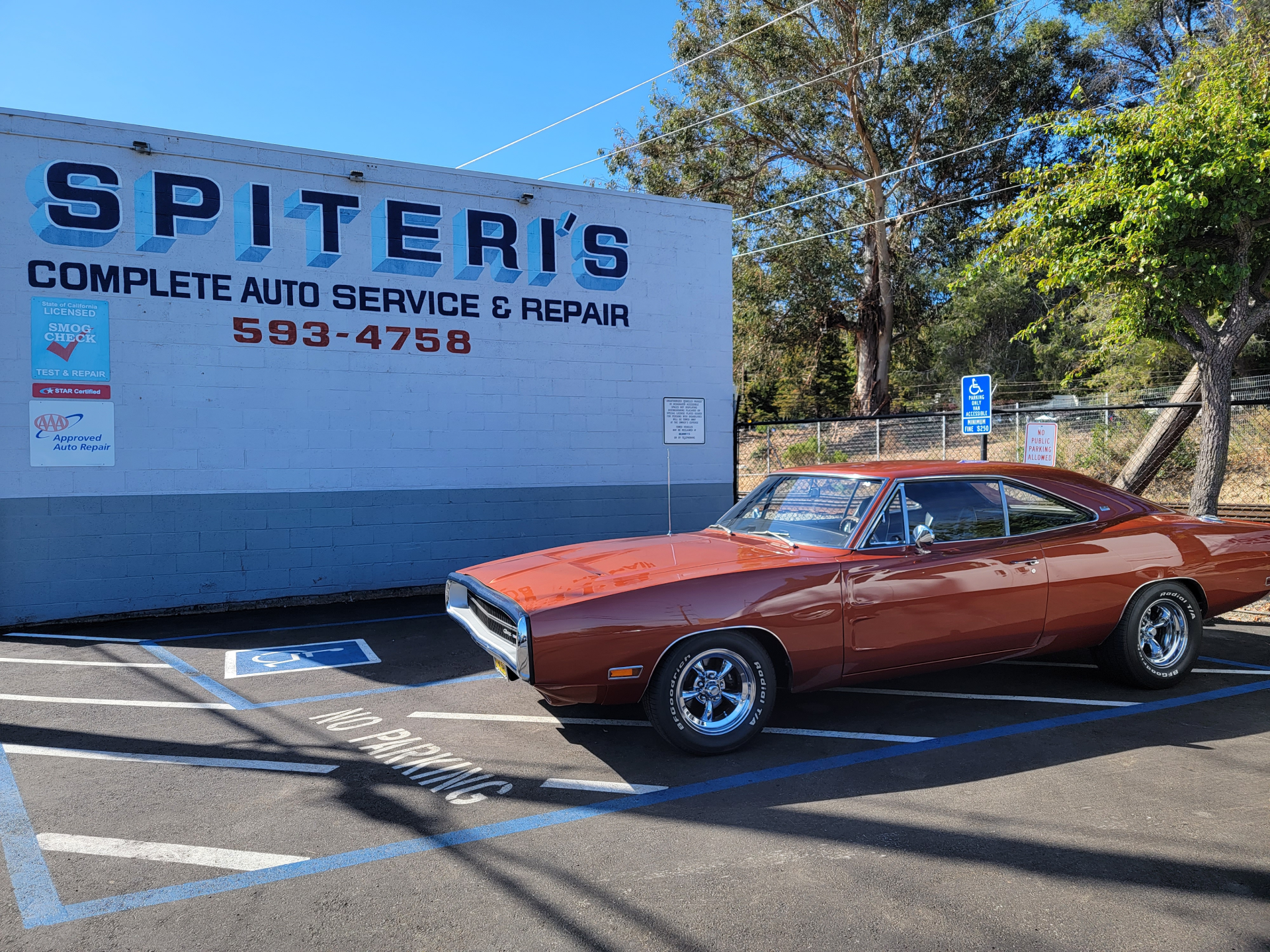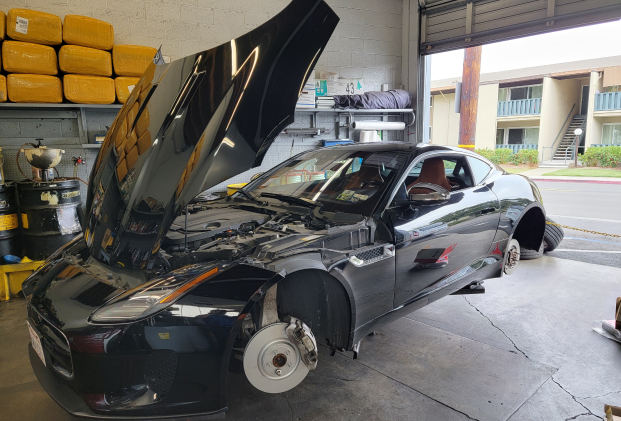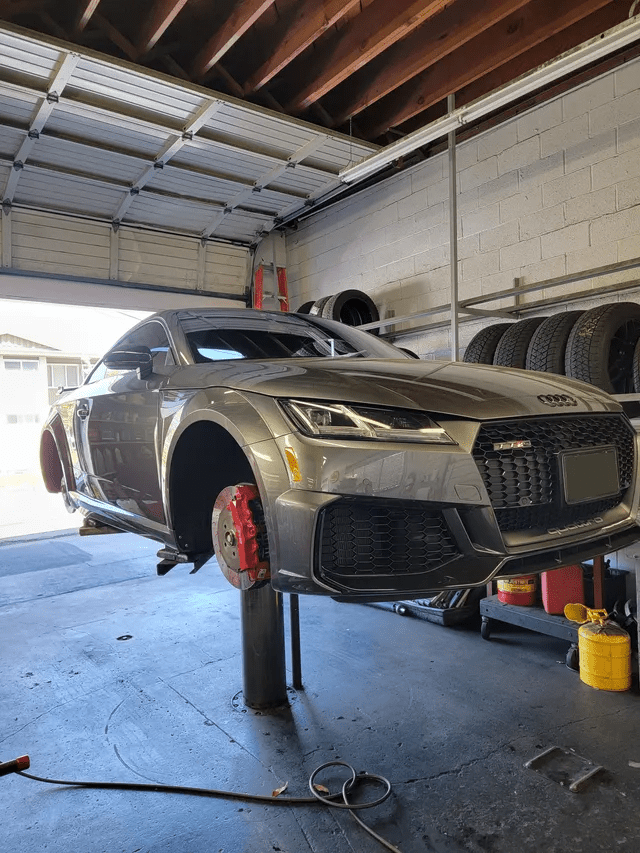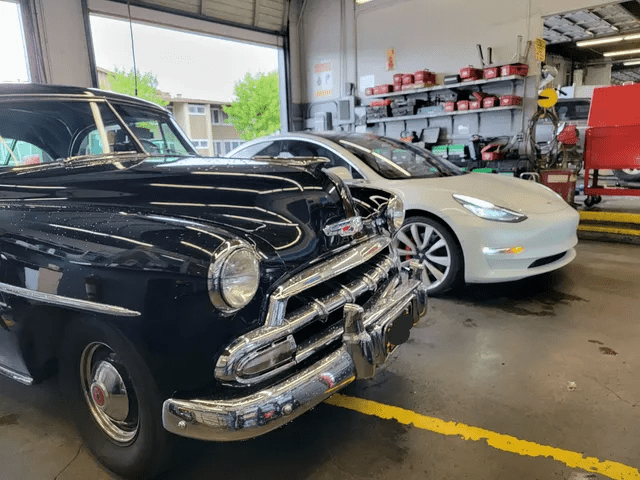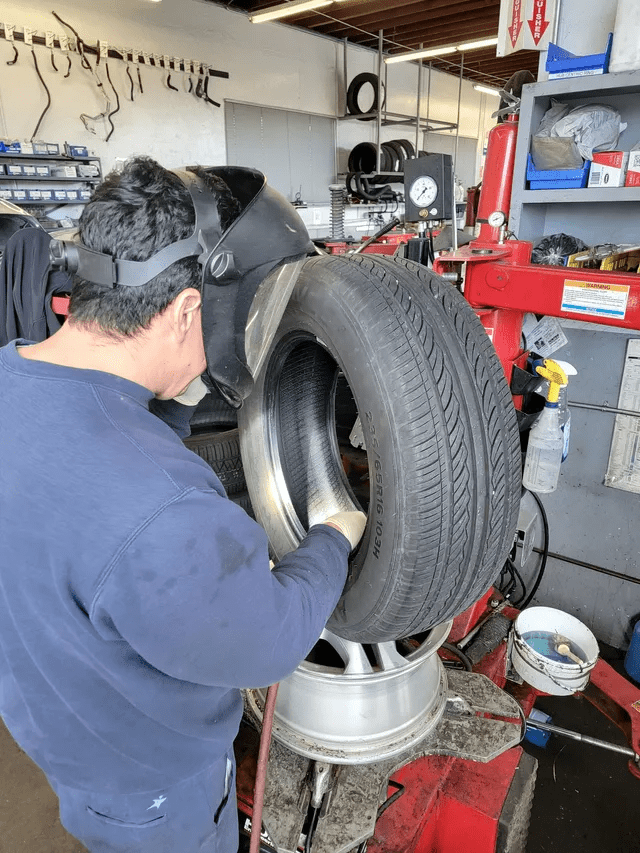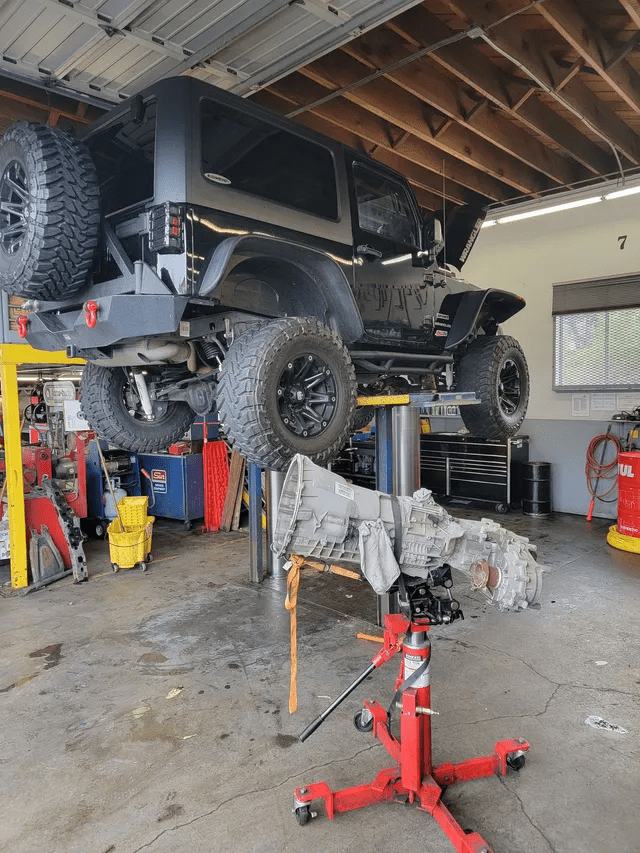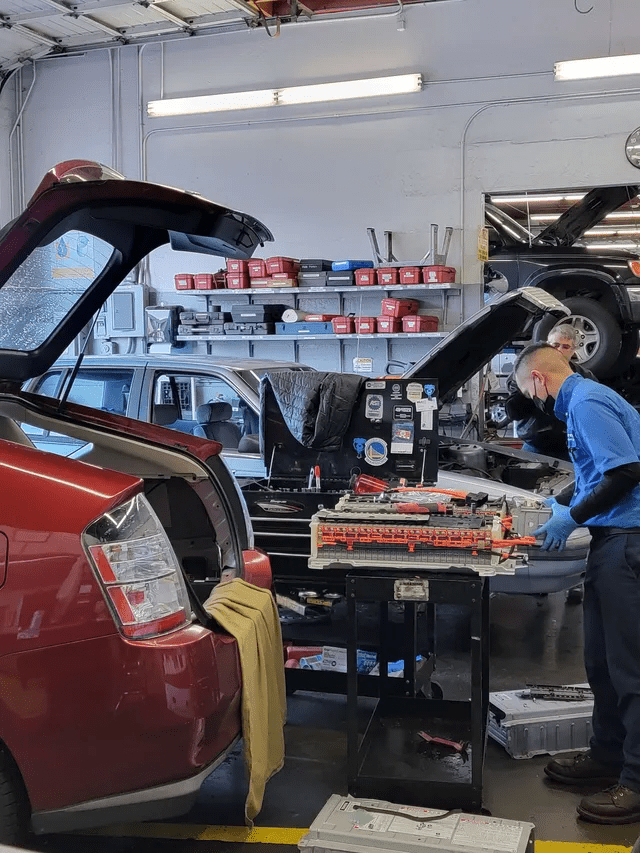What Happens When You Miss An Oil Change?
What Happens When You Miss An Oil Change?
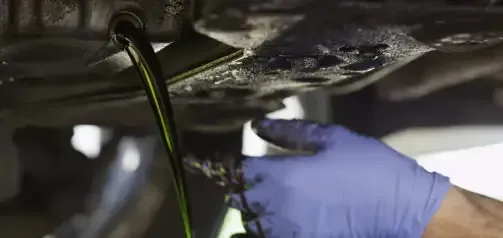
We know it can be inconvenient to get your oil changed every 3-5K miles on the dot. You have a busy life that requires a vehicle to get around, otherwise why would you even have a vehicle? But have you thought about what happens when you prolong that oil change? If not, we’ve decided to break down the important of an oil change, especially what happens if you miss one.
Oil Can’t Do It’s Job in High Heat
Ultimately the point of oil is to keep your engine lubricated and cooled. Oil is a great tool for pulling heat from certain parts and circulating it equally throughout the engine so that your coolant can do it’s job and keep your engine from overheating. Because this is a primary function for oil, manufacturers add viscosity modifiers to the oil to keep it a thicker consistency when your engine reaches it’s highest temperatures. But those high temperatures also break down those modifiers over time. This makes the oil less effective at those high temperatures because it’s thinner. Thinner oil means there is less lubrication in the engine to keep it cool and create a barrier between the metal parts and gears that are sliding past one another.
Sludge is Not A Engine’s Best Friend
The viscosity modifiers are not the only aspect of oil that breaks down in high temperatures! The anti-oxidizing and anti-wear additives will also break down due to the heat over time in your engine. These additives keeps your oil, oil in a sense. When these additives start to break down, sludge can form within the oil. Sludge can make it difficult for oil to flow throughout the engine and squeeze itself between the moving metal parts. If sludge does start to form, it’s best to talk to your mechanic about whether or not you need an engine flush. Engine flushes can help remove some of the sludge from your engine.
Too Many Particles = A Corroded Engine
Sludge is not the only thing you need to worry about. Oil will pick up normal particles and debre from your engine. This is why having a consistent oil change is so important. As oil picks up these particles, your oil will be drained and replaced. This allows the older particle filled oil to take those particles with it out of your engine, essentially cleaning it up. But if you wait too long for an oil change, your oil will pick up too many particles and they will start to settle inside your engine. This means that when you do change your oil, it will not take those particles with it. Instead those particles will sit inside your engine, causing it to corrode over time.
Your Engine Can’t Handle That Much Stress
Missing an oil change ultimately puts unneeded stress on your engine. Because the oil is thinner, parts have the opportunity to grind together. This makes them wear down faster, deposit metal particles into your oil, and ultimately break apart. These damages can take years off your vehicle’s lifespan and downgrade it’s performance.
Did You Know Your Engine Could Weld Together?
Ultimately, if you wait for too long your engine’s oil loses its capability to do it’s job. Because your oil acts as a coolant as we said in the first part of this blog, your engine could potentially be destroyed from overheating. An engine is full of metal on metal pieces that generate extreme levels of heat. The average temperature of a performing engine is 195 to 220 degrees Fahrenheit. If your oil doesn’t have the capabilities to evenly spread the heat throughout your engine, certain sections would generate so much heat and friction that they could weld themselves together. This would cause your engine to seize and destroy it permanently.
Now that you know what happens when you miss an oil change, is it worth it? Missing oil changes consistently can wipe years off the lifespan of your vehicle and leave you stranded with expensive unnecessary repairs. Need an oil change? Call us today at (650) 593-4758 or schedule an appointment online!




